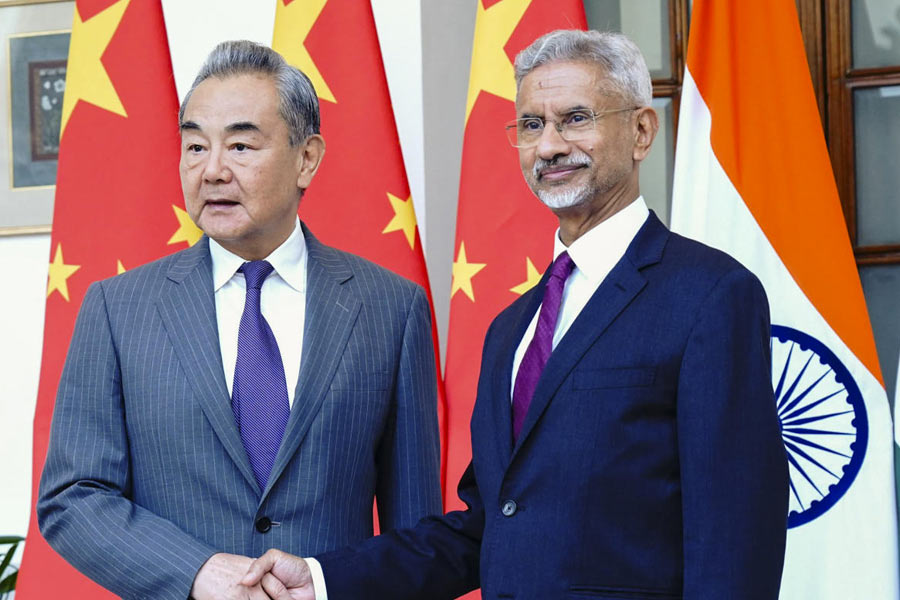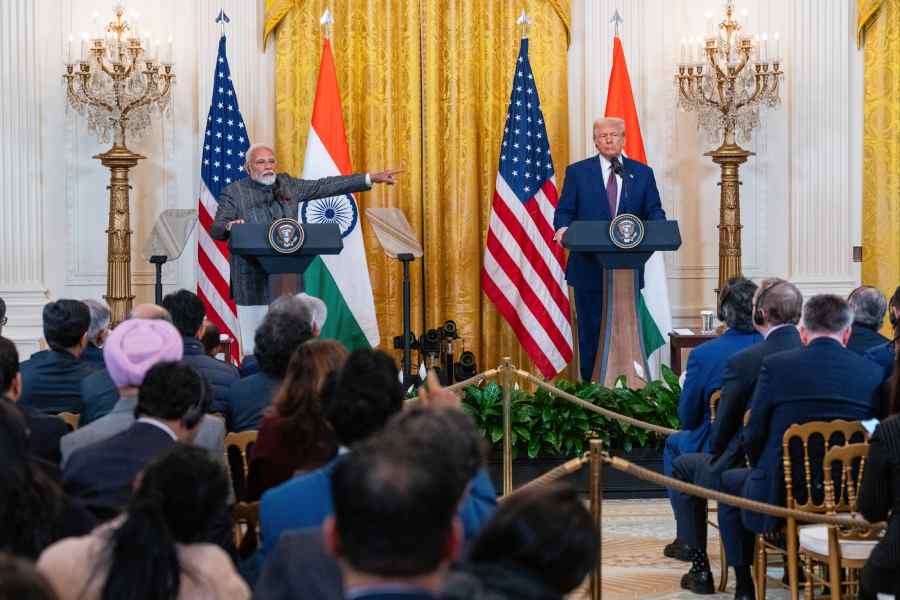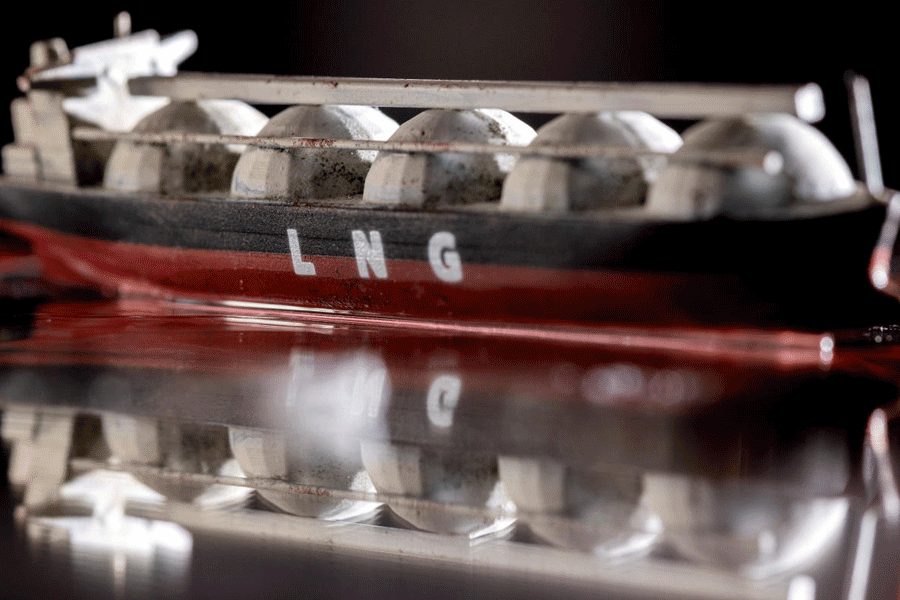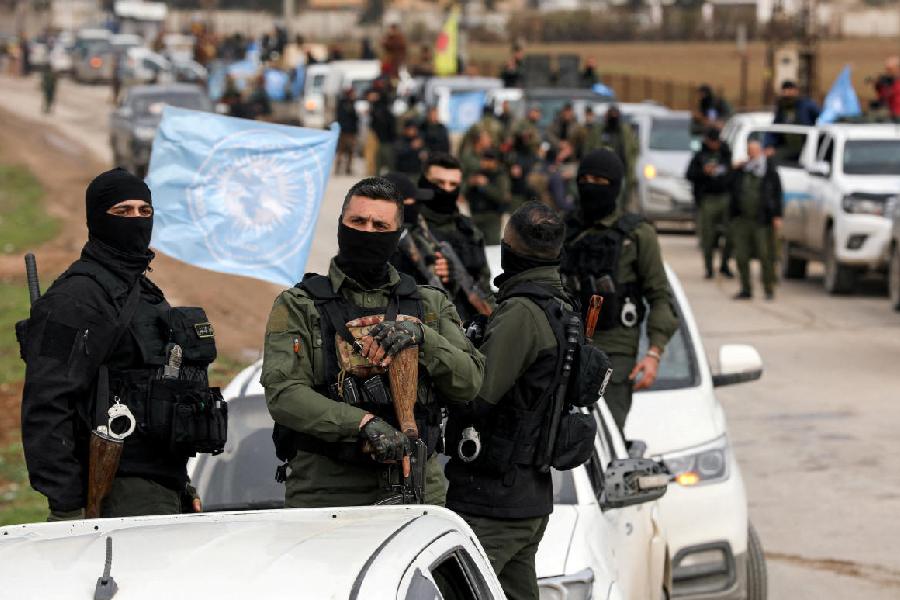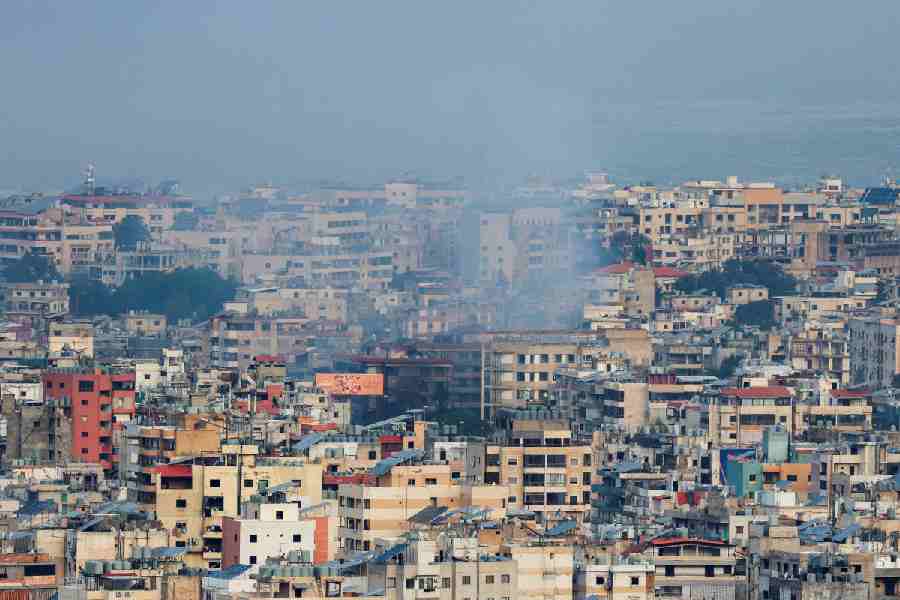Foreign minister S. Jaishankar has “reaffirmed that Taiwan is a part of China,” Xinhua reported after the meeting between him and his Chinese counterpart, Wang Yi, in Delhi on Monday even though there was no mention of it from the Indian side.
India and China should adopt a "candid and constructive" approach in moving ahead in the engagement after a difficult period and it must be based on mutual respect, mutual sensitivity and mutual interest, PTI quoted Jaishankar as conveying to his Chinese counterpart.
The report by Xinhua, the official news agency of the Chinese government, said: “Jaishankar said that under the joint guidance of leaders of the two countries, bilateral relations have moved from the bottom and are continuously improving and developing, adding exchanges and cooperation between the two sides in all fields are moving toward normalization.”
Jaishankar, it said, “expressed gratitude to China for facilitating Indian pilgrims' visits to sacred mountains and lakes in China's Xizang [Tibet], saying that improving strategic perceptions is of great importance, and as the two largest developing countries, India and China adhere to multilateralism and are committed to promoting a fair and balanced multipolar world.
“The two countries should also jointly maintain the stability of the world economy, he said.
“Stable, cooperative and forward-looking bilateral ties serve the interests of both countries, he said,” Xinhua added. “He reaffirmed that Taiwan is a part of China.”
Taiwan is part of China is part of Beijing’s ‘One China’ policy,
Strategic affairs expert C. Raja Mohan, in an article for the Institute of South Asian Studies in August 2022, had written: “On the ‘One-China’ policy, Delhi has neither formally discarded it nor is it willing to reaffirm it amidst growing conflict with Beijing over territorial issues.”
After the Xinhua report, The Wire reported: “If confirmed by the MEA, this would mark the first official reaffirmation of India’s one-China policy in more than 15 years. The phrase had been absent from diplomatic documents since 2010, when India omitted it from a joint statement during then Chinese Premier Wen Jiabao’s visit.”
In his televised opening remarks at the meeting with Wang, Jaishankar also pitched for taking forward the de-escalation process in the border areas along the Line of Actual Control (LAC) in eastern Ladakh that witnessed over a four-year face-off between the militaries of the two nations.
Jaishankar’s talks with the Chinese foreign minister came days ahead of Prime Minister Narendra Modi's planned trip to China to attend the annual summit of Shanghai Cooperation Organisation (SCO).
Wang's visit is largely seen as part of ongoing efforts by the two neighbours to rebuild their relationship after it came under severe strain following the deadly Galwan Valley clashes in 2020.
"Having seen a difficult period in our relationship, our two nations now seek to move ahead. This requires a candid and constructive approach from both sides," Jaishankar said. "In that endeavour, we must be guided by the three mutuals - mutual respect, mutual sensitivity and mutual interest. Differences must not become disputes, nor competition conflict," he said.
Following the meeting, Jaishankar described the conversation as "productive".

